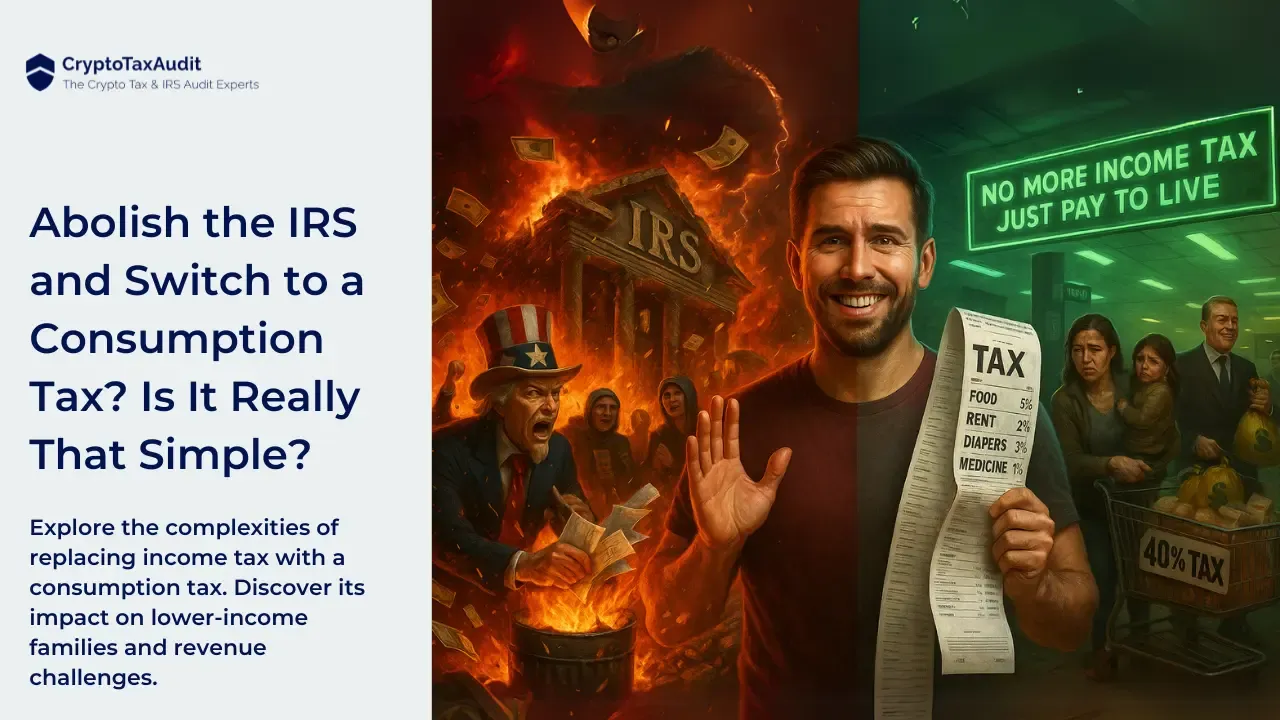
Clinton Donnelly discussed the impact of taxes and regulations on the cryptocurrency industry, the SEC's actions against Kraken and Coinbase, the potential future of cryptocurrency taxation, and how the US aims to maintain its position as a global financial hub in conversation with David Canedo of Glassnode. (TCDS-13)
Introduction.
Cryptocurrency taxation and regulations have become pressing concerns for individuals and businesses in the United States. In a recent podcast episode, Clinton Donnelly delved into the current state of affairs and shares his insights on what the future may hold. Joined by David Canedo, they explored the impact of recent regulatory actions, the potential direction of tax policies, and how the US aims to solidify its position as a leading global financial hub.
SEC fines and notices.
One of the key topics discussed was the recent actions taken by regulatory bodies such as the SEC and the Treasury Department. Clinton highlighted the SEC's fines imposed on Kraken and the Wells Notice issued to Coinbase. He also mentioned the Treasury Department's concerns regarding decentralized finance (DeFi) and the efforts of Elizabeth Warren, a US senator from Massachusetts, in forming an anti-crypto army in the US. The podcast raised questions about the direction of US cryptocurrency regulations and their implications for American taxpayers.
A delay in guidance.
Clinton speculated that the delay in providing clear guidance on crypto taxation may be due to the need for various departments, such as the CFTC and SEC, to coordinate their actions effectively. He emphasized that many people are concerned about the future of cryptocurrencies in the US, particularly in light of Operation Choke Point 2.0. Clinton referred to the historical use of the tax code to protect US interests in various industries, such as insurance and banking, and suggested that the same approach may be applied to the cryptocurrency sector.
Treating cryptos as securities.
Drawing parallels with previous instances of regulatory intervention, Clinton highlighted the potential impact of treating cryptocurrencies as stocks or securities. He discussed how such a classification could lead to the application of existing tax rules, including the Wash Sale Rule and the Passive Foreign Investment Corporation (PFIC) tax. He explained how these tax laws could significantly affect cryptocurrency investors and raised the possibility that the major US brokerages may offer cryptocurrency services, enabling investors to avoid the PFIC tax.
Brokerages offering crypto investments.
Clinton and David discuss the potential benefits of regulated brokerages offering cryptocurrency investment options. They predicted that institutional funds will be more inclined to invest in cryptocurrencies through regulated channels, such as established brokerages. This move could attract significant foreign investment, strengthen the US financial system, and create opportunities for tax professionals specializing in the crypto industry.
Regulatory uncertainty.
While the podcast presents a cautiously optimistic view of the future, it also acknowledges the uncertainties surrounding regulatory developments and the potential challenges of transitioning to new tax frameworks. Questions about the treatment of decentralized finance (DeFi), the role of broker-dealers, and the handling of hardware wallets remain unanswered. However, both Clinton and David agreed that the US government is unlikely to relinquish its position as a leader in the crypto industry, suggesting that further growth and expansion lie ahead.
Conclusion.
In conclusion, navigating the complexities of crypto taxation and regulations is a pressing issue for individuals and businesses in the US. While challenges and uncertainties persist, the podcast discussion offered valuable insights into the potential future of the industry. As the US seeks to assert its position as a global financial hub, regulated brokerages and institutional investments may play a significant role in shaping the landscape of the cryptocurrency market.
The full interview.
View the full interview on The Clinton Donnelly Show.
DISCLAIMER: Opinions and perspectives of the author, host, and guests. It should not be construed as U.S. taxpayer advice. There are often multiple interpretations of tax law. Various strategies may be suited to specific individuals and for particular situations. Seek out professional tax, legal, or financial advice from CryptoTaxAudit or from other reputable companies.




